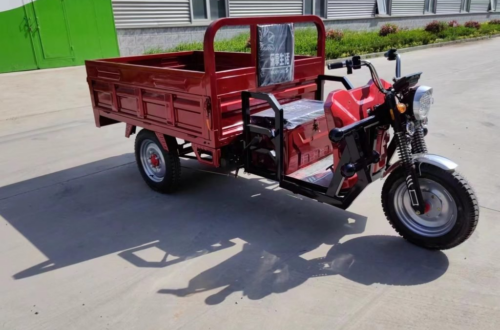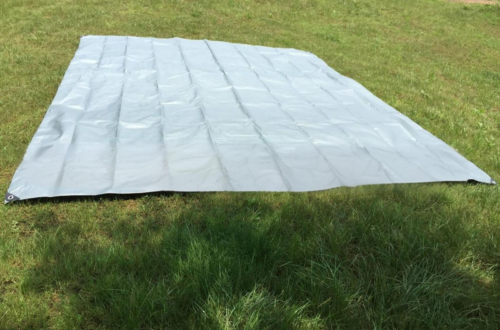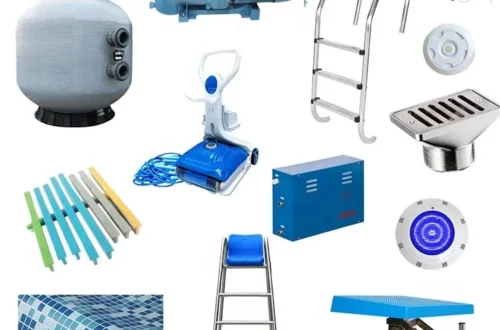Solvent Weld Ball Valve: Key Features and Applications
# Solvent Weld Ball Valve: Key Features and Applications
## Introduction to Solvent Weld Ball Valves
A solvent weld ball valve is a type of plastic valve that uses a solvent cement welding process to create permanent, leak-proof connections in piping systems. These valves are widely used in various industries due to their excellent chemical resistance, durability, and ease of installation.
## Key Features of Solvent Weld Ball Valves
### 1. Material Composition
Solvent weld ball valves are typically made from high-quality thermoplastics such as:
– PVC (Polyvinyl Chloride)
– CPVC (Chlorinated Polyvinyl Chloride)
– PP (Polypropylene)
– PVDF (Polyvinylidene Fluoride)
### 2. Permanent Connections
The solvent welding process creates molecular bonds between the valve and pipes, resulting in:
– Leak-proof joints
– High pressure resistance
– Long-term reliability
– Reduced maintenance requirements
### 3. Full Port Design
Most solvent weld ball valves feature a full port design, which:
– Minimizes flow restriction
– Reduces pressure drop
– Allows for easier cleaning and maintenance
### 4. Chemical Resistance
These valves offer excellent resistance to:
– Acids
– Bases
– Salts
– Many organic solvents
## Applications of Solvent Weld Ball Valves
### 1. Water Treatment Systems
Keyword: what a solvent weld ball valve
Solvent weld ball valves are commonly used in:
– Drinking water distribution
– Wastewater treatment
– Reverse osmosis systems
– Filtration systems
### 2. Chemical Processing
Their chemical resistance makes them ideal for:
– Acid handling
– Chemical dosing
– Laboratory applications
– Industrial chemical transport
### 3. Irrigation Systems
These valves are perfect for agricultural applications due to:
– Corrosion resistance
– UV stability (when properly formulated)
– Easy installation in field conditions
### 4. Aquaculture
The non-toxic nature of plastic valves makes them suitable for:
– Fish farms
– Hatcheries
– Aquatic research facilities
## Installation Considerations
When installing solvent weld ball valves:
– Ensure proper pipe preparation (cleaning, deburring)
– Use the correct solvent cement for the specific plastic material
– Allow adequate curing time before pressurizing the system
– Follow manufacturer’s instructions for optimal results
## Maintenance and Longevity
While solvent weld connections are permanent, proper maintenance includes:
– Regular visual inspections
– Checking for signs of stress or deformation
– Ensuring proper support of piping systems
– Following system pressure and temperature limits
Solvent weld ball valves offer a reliable, cost-effective solution for many fluid control applications. Their combination of chemical resistance, durability, and ease of installation makes them a popular choice across multiple industries. When properly selected and installed, these valves can provide years of trouble-free service in demanding environments.


